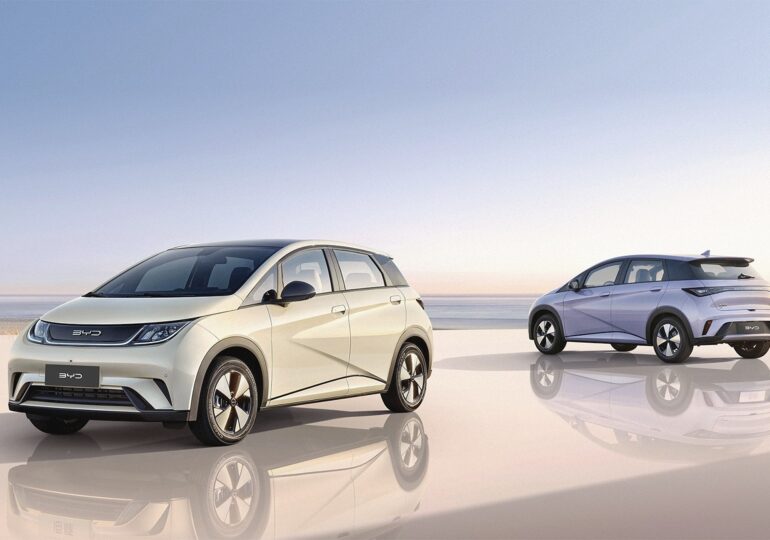Hungary will vote against the European Union’s imposition of customs duties on Chinese electric cars, announced the Hungarian Ministry of Foreign Affairs on Tuesday.
„Hungary opposes customs duties, will vote against the introduction of customs duties, and we hope that in the coming years we will be able to achieve civilized, peaceful, and mutually respectful economic cooperation with China,” said Minister Peter Szijjarto in a statement.
In the initiative to establish these duties, the European Commission cites the interests of European producers, but they also oppose the increase in customs duties, as they are present in the Chinese market and could be affected by potential retaliatory trade measures from China, explained the Hungarian minister, as cited by EFE.
In his opinion, if the EU wants to increase its competitiveness, it cannot do so by „viewing China as a rival.”
The European Commission justified the customs duties by the state aid that Beijing provides to Chinese companies, resulting in a situation of unfair competition where Chinese manufacturers can sell their products at artificially low prices.
The European Commission considers its actions to be in line with the rules of the World Trade Organization (WTO). Brussels also reaffirmed its willingness to seek a negotiated solution with Beijing, committing to "maintain open channels of communication at ministerial level" with China.
Hungary has a direct interest
The government led by Viktor Orban announced in 2014 a policy of "opening towards the East," seeking closer relations with major Asian powers, including China, and presenting itself as a bridge between East and West.
In recent years, Hungary has announced a series of investments by electric vehicle and battery manufacturers, including Chinese companies CATL and EVE.
The Contemporary Amperex Technology (CATL) company intends to invest approximately 7.3 billion euros in Hungary for a factory that could start production as early as 2026.
Additionally, the largest Chinese electric car manufacturer, BYD, will have its first production unit in a EU member country in the Hungarian city of Szeged.
According to local media, in the current year's first quarter, the production of batteries by companies in Hungary decreased by 17% due to the global demand decline.

